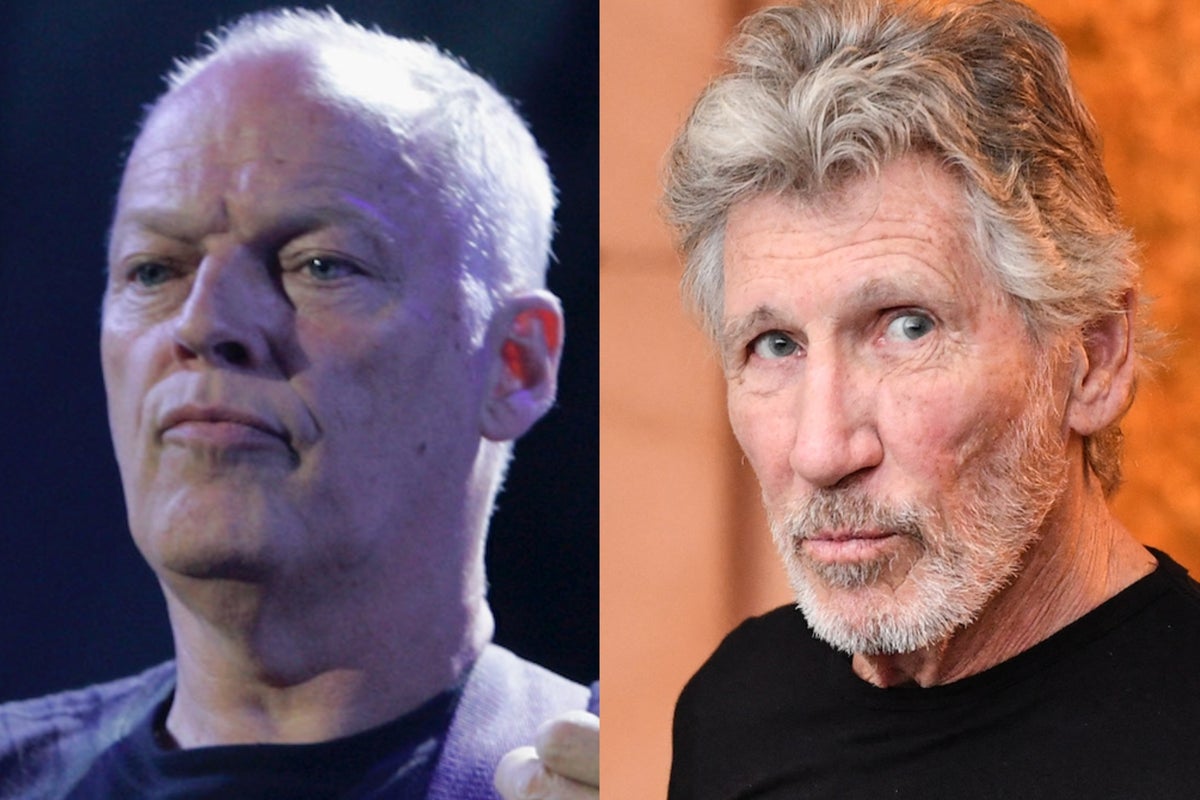David Gilmour has said nothing could ever make him reunite with Pink Floyd bandmate Roger Waters.
The guitarist has unequivocally shut down any suggestion the pair would put their differences aside and perform again.
Gilmour and Waters have been feuding for decades since the latter quit the “Another Brick in the Wall” group in 1985 – and in 2024, the pair sold their rights to Sony Music for more than half a billion dollars.
In a new interview, when asked what would have to happen for him to consider sharing a stage with Waters in the future, Gilmour told The Telegraph: “Nothing. There is no possible way that I would do that.”
Previously, Gilmour hit out at Waters, claiming he “supported genocidal and autocratic dictators like Putin” – and in 2023, Gilmour’s wife, the lyricist Polly Samson, accused Waters of being “antisemitic to his rotten core”.
Waters responded on his official account, saying he was “aware of the incendiary and wildly inaccurate comments made about him on Twitter by Polly Samson, which he refutes entirely”.
In the new interview, Samson said she spoke out against Waters as she did not want there to be any confusion as to which Pink Floyd member she was married to.

David Gilmour and wife Polly Samson (Getty Images)
“If they knew you’re married to someone from Pink Floyd, half the time people were giving me quite strange looks and it was really uncomfortable and I just wanted to draw a line and make it clear that these were not views held by me or the person I was married to,” she said.
In 2024, Pink Floyd sold their music rights, as well as their name-and-likeness rights, in one of the largest music deals in history.
The group’s iconic artwork, mostly created by the British design company Hipgnosis, which adorned albums such as The Dark Side of the Moon, Wish You Were Here and Animals, were said to be part of the deal.

Pink Floyd bassist Roger Waters (PA Archive)
Gilmour said the deal stemmed from a desire to be “rid of the decision making and the arguments that are involved with keeping it going”.
He added that the sale was less about a “financial standpoint” and more about “getting out of the mud bath that it has been for quite a while”.

